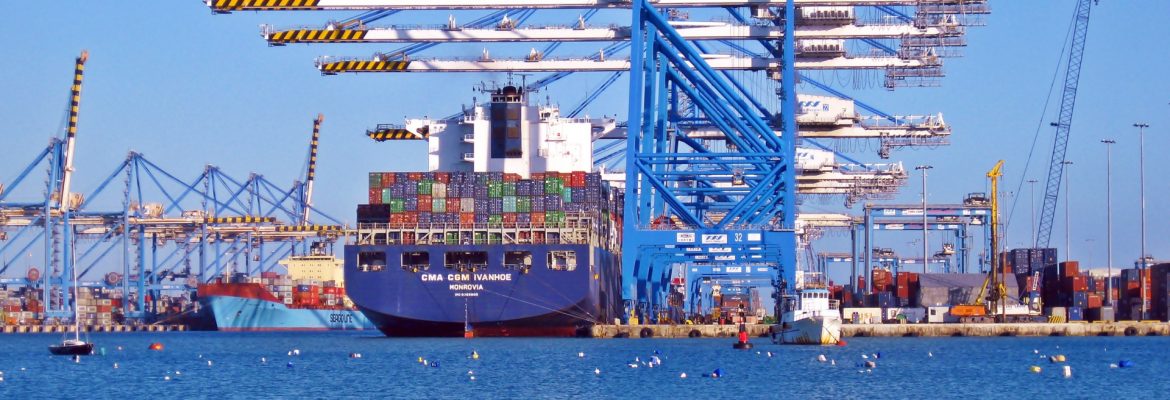State Minister for Industry, Commerce, Agriculture and Fisheries, Floyd Green, says Government is working to make the export of local goods and services easier, by reducing the associated costs and processes. “We are already in the process of removing licences and fees and steps where we see no value. Last week, we dealt with 26 of those [steps] that we are planning to get out of the system…and reduce the time it takes for us to get our products out of the country,” he said.
Green was speaking at a signing ceremony for memoranda of understanding (MOUs) to facilitate the third instalment of the Jamaica Promotions Corporation (JAMPRO) export development program, Export Max III on Tuesday. “We have over-bureaucratized our processes around trade for far too long in our country,” he lamented, as he explained that Government was intensifying efforts to rectify this hindrance to trade.
He noted, for example, that it now takes 58 border control hours and costs about US$876 to export goods from Jamaica, adding that this is a “big disparity” compared to the rest of the Caribbean and Latin America where the average border control hours are about 61.9, and an average cost of US$529.
Green stressed that it “doesn’t serve anybody’s interest if our exporters cannot afford the cost at the port to move their goods. “As a Government, we are going to still work on the border control hours, and we believe that the proposed Jamaica Single Window For Trade (JSWIFT) will reduce those border control hours significantly.”
JSWIFT, which is currently being piloted in some industry entities, is a one-stop-shop electronic system that allows traders to submit information at a single point to fulfil all import and export regulatory requirements. “The idea is to create a paperless environment for permits, inspections [and] release of goods through JSWIFT,” Green said.
Turning to Export Max III, the Minister noted that the continued success of the program demonstrates what can be achieved when silos are removed and focus placed on a singular mission, and “that mission is to drive exports solely.” This year, 48 companies from the food, non-food, creative, and services sectors are benefiting from capacity building and export promotion support under the programme.
The three-year initiative, which will run until 2022, is geared towards providing focused capacity, advocacy, and market penetration support to exporters and export-ready firms. The program, which also includes mentorship, business development, sales training, and export promotion components, will identify specific needs of the target companies, and design and implement customized enterprise development initiatives to improve business performance and competitiveness.
To this end, JAMPRO is partnering with the Jamaica Manufacturers and Exporters’ Association (JMEA), and Jamaica Business Development Corporation (JBDC) to deliver the program, for which MOUs were signed. Other partners are the Bureau of Standards, the Development Bank of Jamaica (DBJ), HEART Trust/NTA, Bank of Nova Scotia, the Jamaica Productivity Centre, the Foundation for Competitiveness Growth Project, and Jamaica National.


